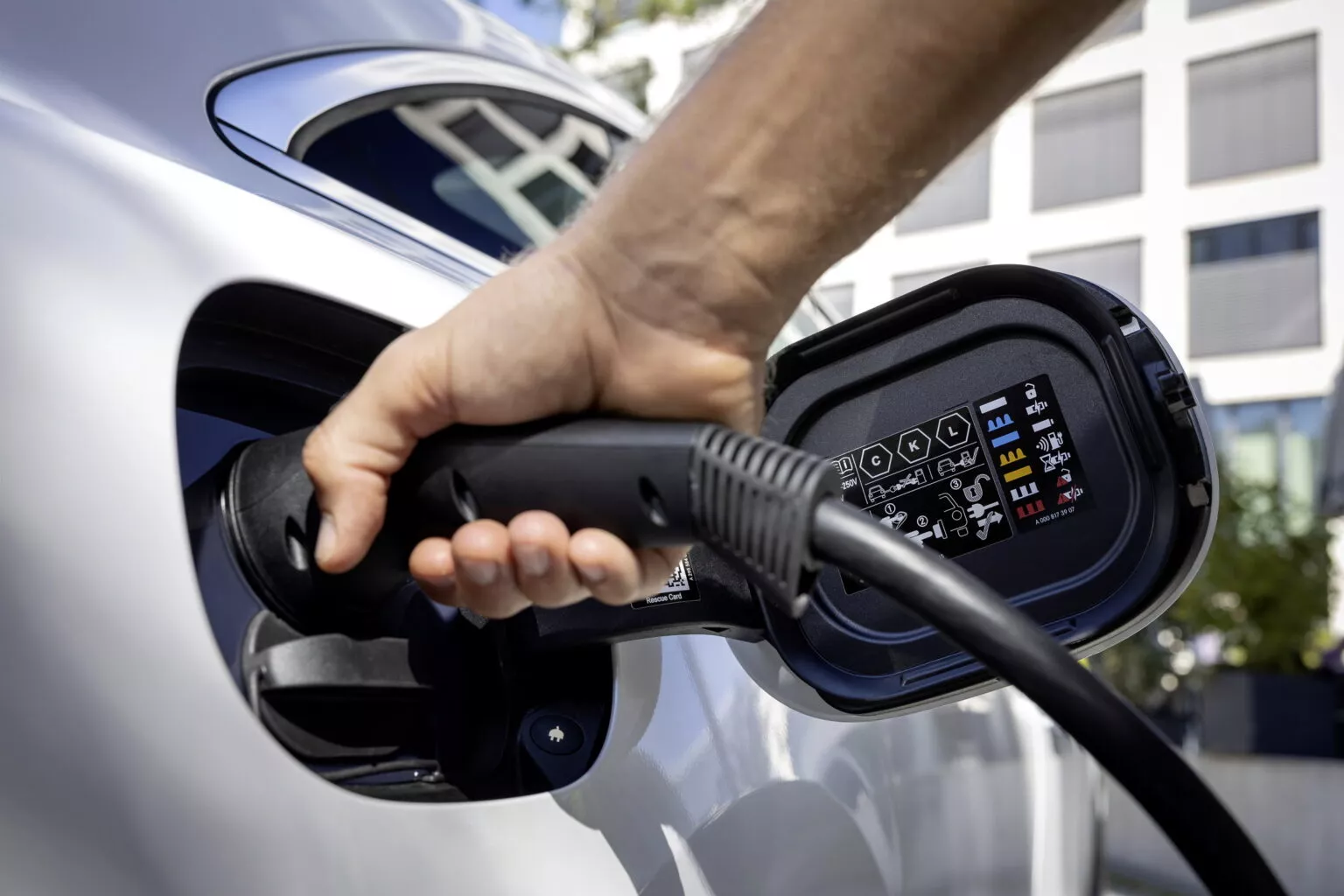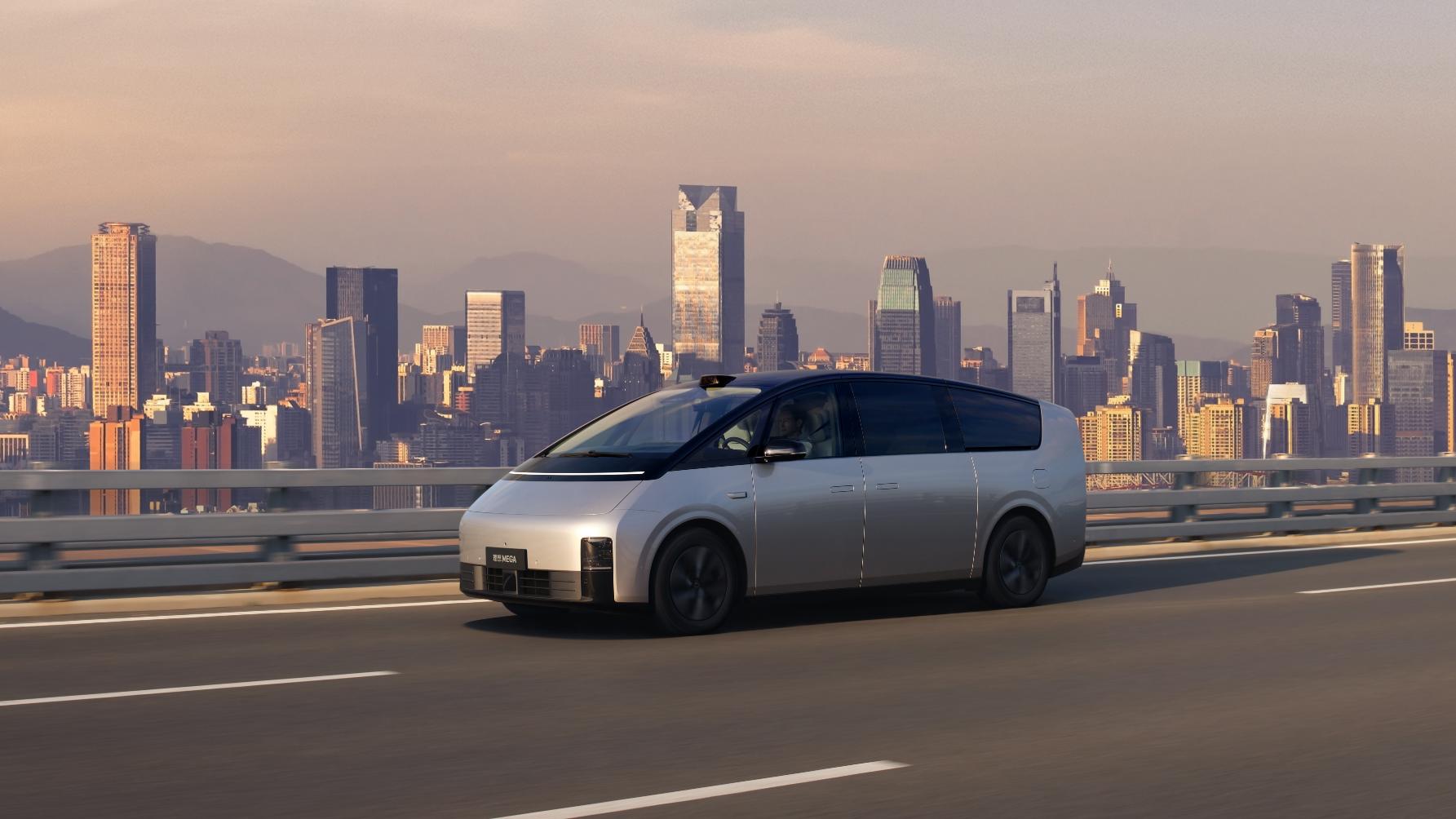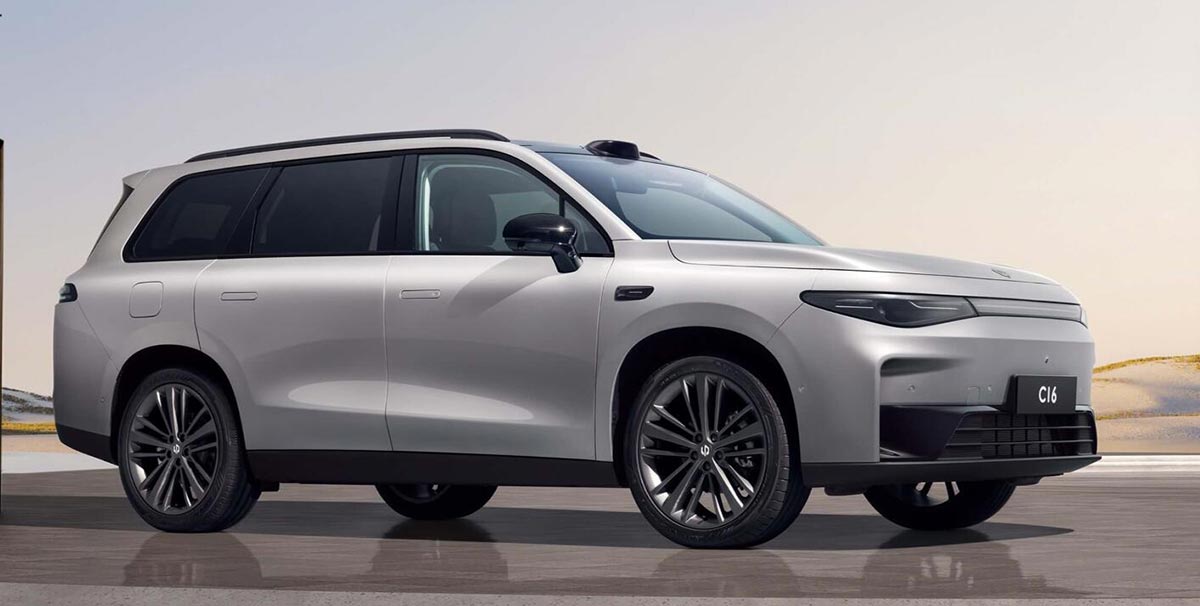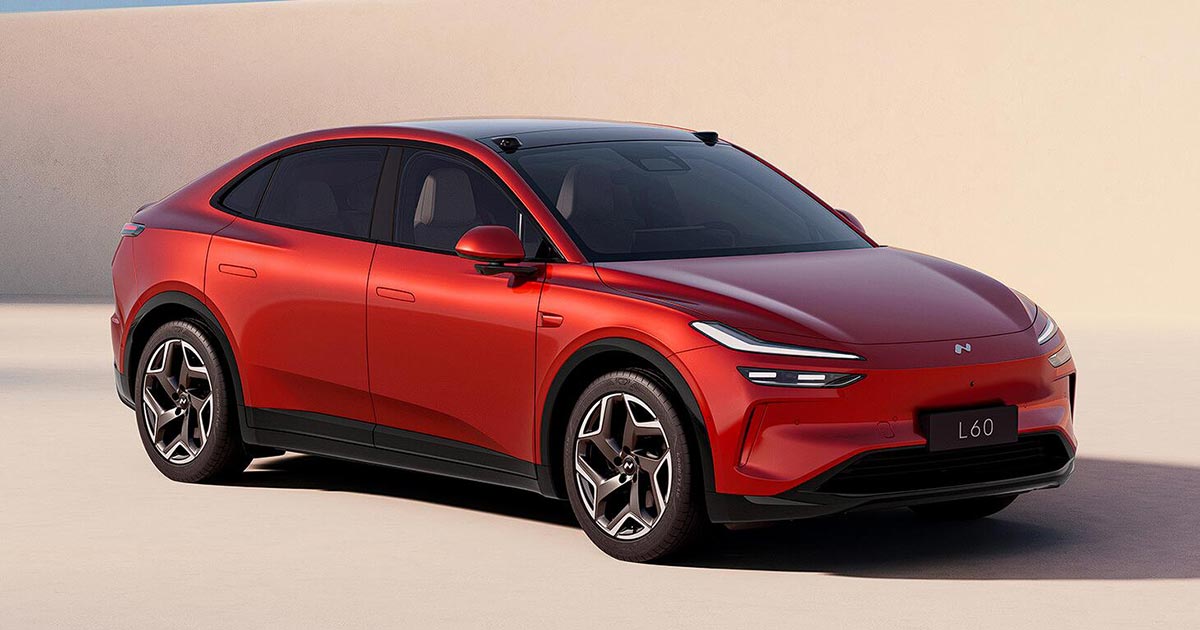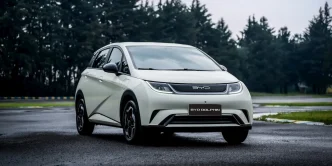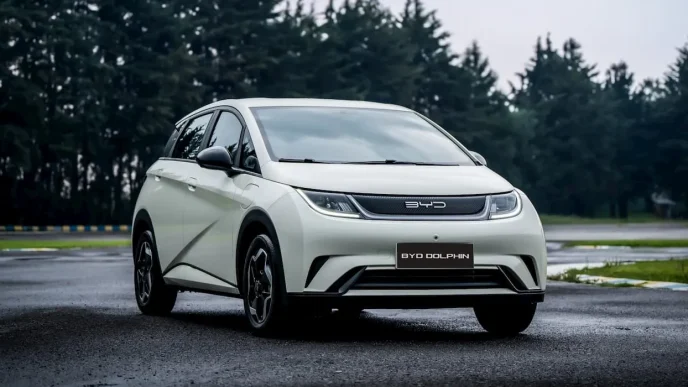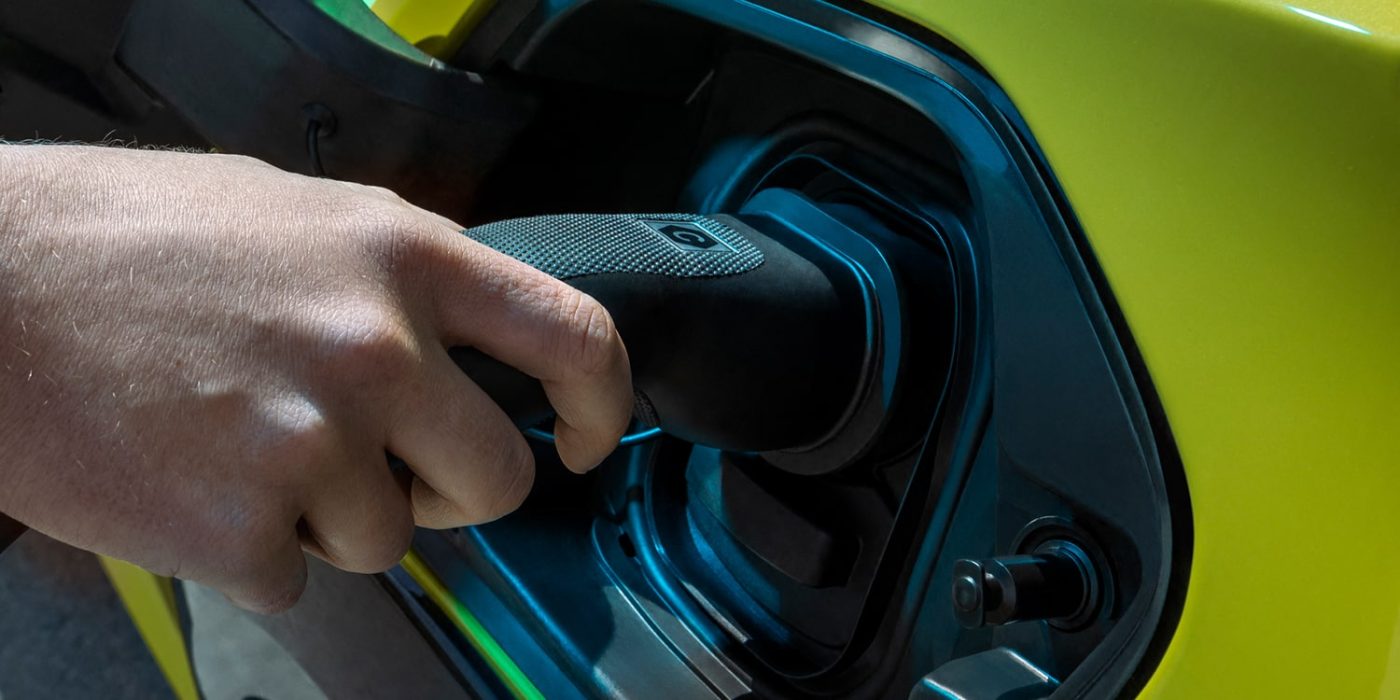A coalition of more than 5,000 auto dealerships is calling on state and federal regulators to reconsider electric vehicle (EV) mandates and emissions regulations in light of sluggish EV sales. In an open letter, the dealers asked for a reassessment of current policies after the upcoming presidential election, arguing that consumer demand for EVs remains weaker than expected despite incentives and increased vehicle options.
This letter, the third of its kind since November 2023, follows previous appeals from dealers to President Joe Biden and regulatory bodies. Initially, 4,000 dealerships had voiced concerns about unsold EV inventory piling up, and by early 2024, that number had grown to 5,000. While modifications to Environmental Protection Agency (EPA) regulations in April suggested that policymakers were listening, the dealers say that further adjustments are necessary.
The group highlights that EVs accounted for only 9 percent of total vehicle registrations, up from 8 percent, despite significant government subsidies and broader model availability. They point to a McKinsey study which revealed that 46 percent of current EV owners are considering returning to internal combustion engine (ICE) vehicles for their next purchase, raising doubts about long-term consumer interest.
According to the dealers, concerns about charging infrastructure, battery replacement costs, cold weather performance, high insurance premiums, depreciation, and overall purchase prices are discouraging customers from making the switch to EVs. While EV sales saw an 18 percent boost in July 2024, the year’s overall sales figures remain lower than expected.
“The government may be able to force auto companies to make EVs and dealerships to sell them, but they can’t force Americans to buy EVs,” the dealers wrote in their letter. They argue that the current mandates are “out of touch with the state of EV technology, charging infrastructure, and most of all, the American consumer.”
The dealers also warned that without regulatory changes, Americans could be priced out of new car purchases, prompting them to hold on to older, more polluting vehicles—an outcome that could undermine both environmental goals and economic growth.

